
Île Renote
Trégastel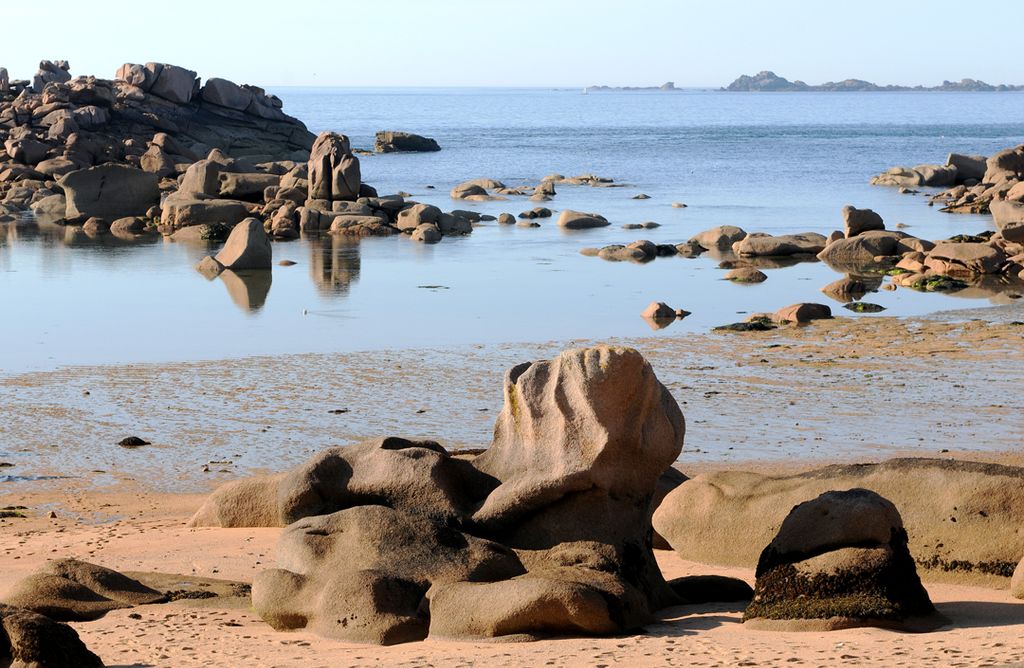
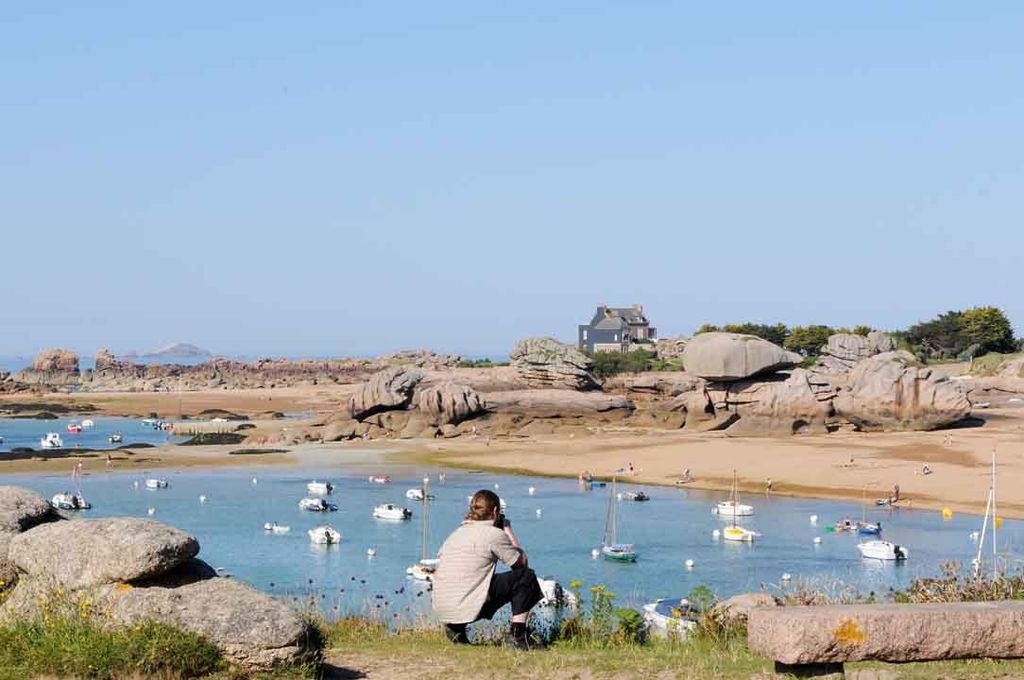
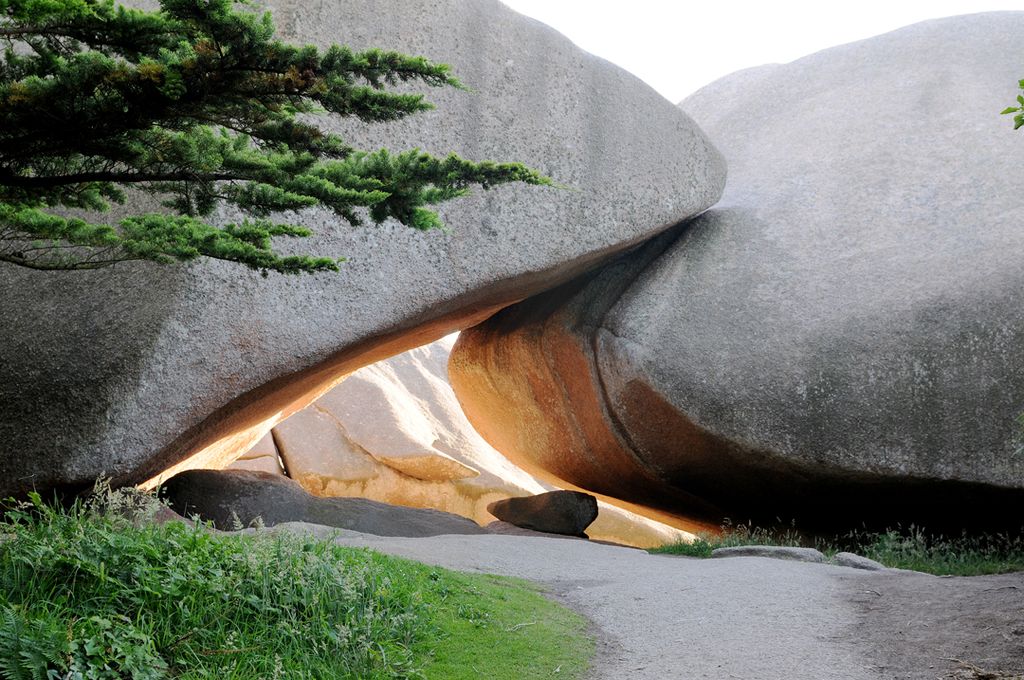
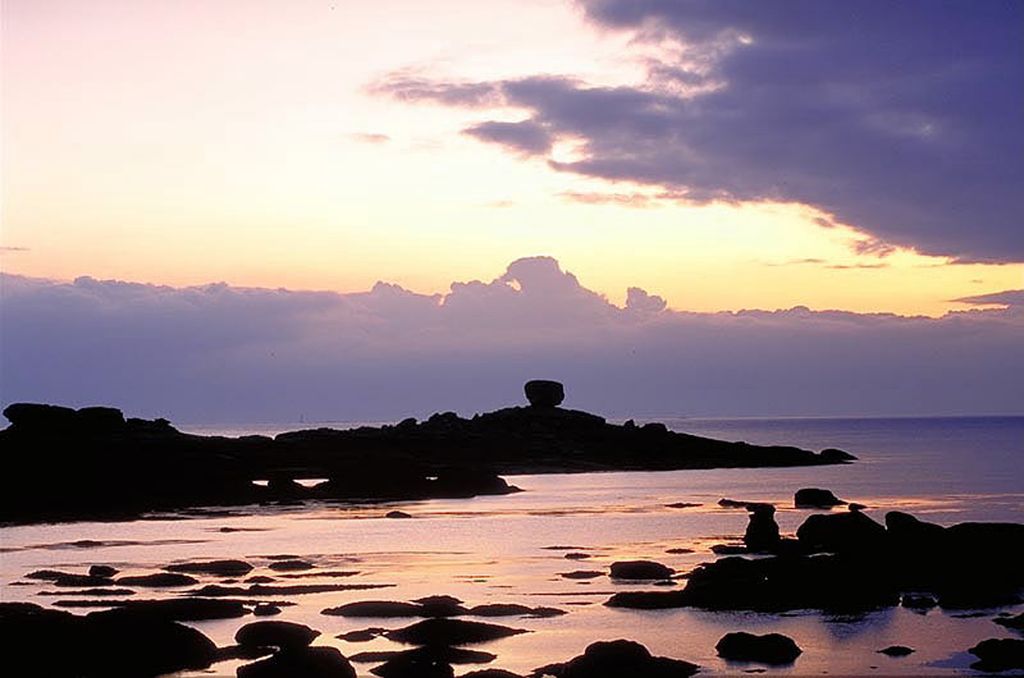
About
Formerly an island, Île Renote was joined to the mainland in 1895 by construction of a road, forming a peninsula. It has an exceptional geological and human history. Inhabited for 5,000 years, it has remarkable chaotic granite rock formations which form a unique natural landscape. Shaped by the sea, sculpted by the salt spray, the top of the rocky clusters is in places is studded with depressions (or crevices) nicknamed "bidets de la vierge" (the Virgin's bidets) or "empreintes du diable" (the devil's footprints). You can also see the rock known locally as "La palette du peintre" (the Painter's Palette). Be careful not to venture onto the neighbouring islands without checking the tide times. The currents in the area are extremely dangerous.


The marina (Trozoul)
Trébeurden
Several hundreds of millions of years old, granite is timeless. Even now, its high quality makes it a material of choice for many uses. The marine bears testament to this: its wall was built from...  See
See
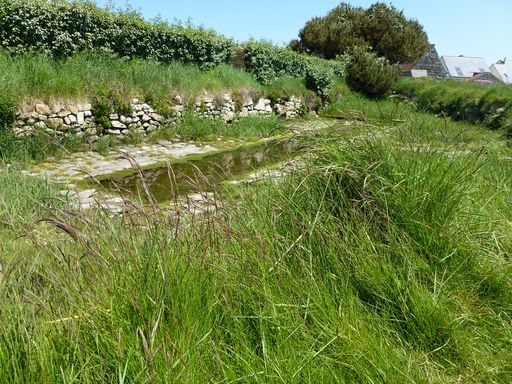

Lavoir at Run Losquet (Île Grande)
Pleumeur-Bodou
This large, traditional "lavoir" – an open-air pool or basin set aside for clothes to be washed – is located on Île Grande and dates from the nineteenth century. Two sources supply it and can be...  See
See
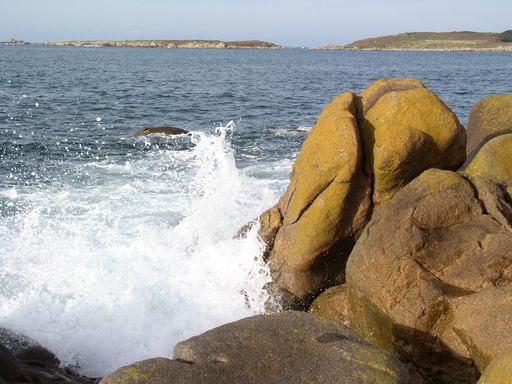

Bringwiller
Pleumeur-Bodou
Covering 30 hectares, the coastline is of great botanical, scenic and cultural value. The department of the Conseil Général (local authorities) responsible for natural sites has introduced Camargue...  See
See
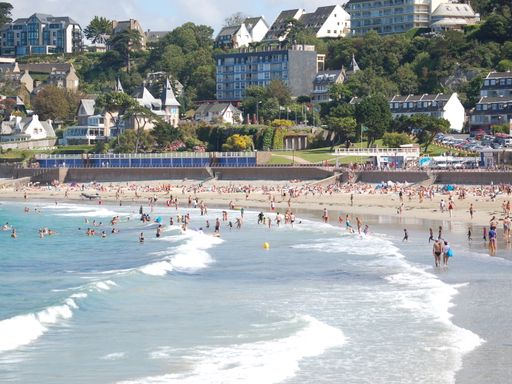

Trestraou beach
Perros-Guirec
The bay of Trestraou was at the root of the development of tourism in Perros-Guirec. In the nineteenth century, swimming in the sea was recognised for its curative qualities and became fashionable....  See
See



